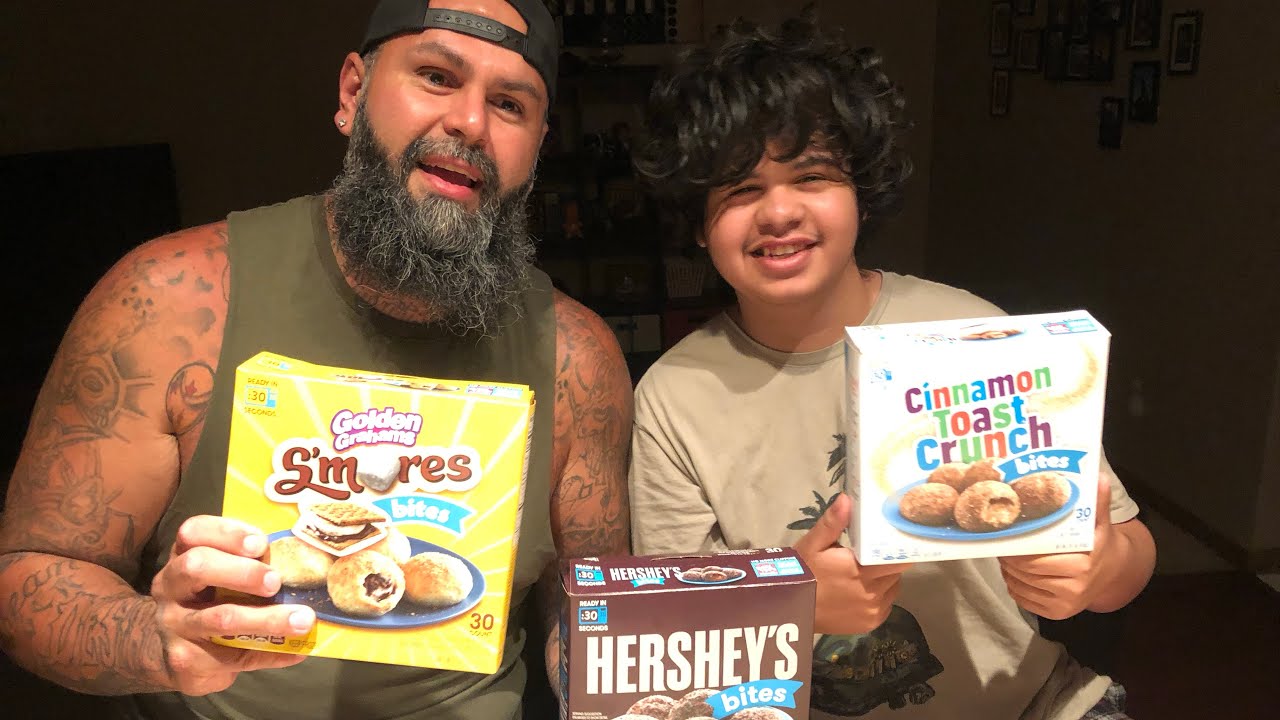For years, our parents hammered into us the importance of eating healthy meals, getting plenty of exercise—and avoiding snacks.
But as it turns out, snacking seems to have earned a bad rap it really doesn’t deserve.

Snack Your Way to Health
According to the AARP, snacking can actually be part of a balanced diet, when handled correctly.
It also carries a number of health benefits:
- Provides much-needed vitamins, nutrients and fiber
- Helps curb hunger
- Prevents overeating at meals
- Reduces weight gain
- Keeps blood cholesterol and food cravings in check
- Provides energy that helps sustain us through the day
But that doesn’t mean we can feast on ice cream and chips all day. Instead, staying healthy and strong requires making good choices.
Remember the adage, “An apple a day keeps the doctor away”? As the American Dietetic Association (ADA) explains, “The key to healthy snacking is found in the foods you choose, the size of your portions and how frequently you snack.”
Tips for Smart Snacking
So how can we snack wisely without adding excess calories to our diets?
Try these tips, courtesy of the AARP and ADA:
- Space meals and snacks three to four hours apart
- Choose foods high in complex carbohydrates and add a small amount of protein for energy and sustenance
- Maintain portion control by bagging and buying single-serving snacks
- Limit snacks to 250 calories total
- Plan ahead by keeping nutritious foods on hand and ready to eat
- Snack only when truly hungry—not when bored, frustrated or stressed
- Don’t reach for sugary or salty snacks, like candy or potato chips, which lack nutrients and tend to dehydrate
Snacks for All Ages
Children
Research cited by the ADA shows that children who eat balanced snacks have certain advantages over their friends that make them more successful in school: they pay attention in class longer, make fewer mistakes on tests and have fewer behavioral problems overall.
When kids return home from school, tired and famished, try giving them high-power foods such as low-fat cheese, dried fruit and nuts, low-fat yogurt with granola and fresh fruit, hot popcorn with grated Parmesan cheese sprinkled on top, or an English muffin drizzled with pizza sauce and sprinkled with mozzarella cheese.
Adults
For adults who work sedentary jobs, that mid-afternoon slump can be difficult to overcome. When energy wanes, we’d love to put our heads down and take a nap—but often hit the vending machines instead, just trying to get through the afternoon.
What’s the problem? Our bodies need energy!
If you suffer the afternoon blues, no matter how active you are, try snacking on energy busters like whole wheat crackers with peanut butter, sunflower or pumpkin seeds, half of a whole wheat bagel topped with peanut butter or hummus, or micro-waved, low-fat popcorn.
Another helpful tip: instead of snacking out of a bag or box, place one serving on a plate—or pre-measure it into a plastic bag. You’ll reduce absentminded snacking and keep control over how much you eat.
Seniors
When it comes to healthy snacking, senior adults have very unique needs. A study in the Journal of the American Dietetic Association found that snacking is an “important dietary behavior” that ensures adults 65 and over get the nutrition they often lack from meals alone.
In fact, researchers found that 25 percent of seniors’ daily nutrition, and as much as 1,200 calories, often come from snacking.
With food and nutrition challenges unlike those of the younger crowd, including the inability to eat as much as they once did, getting the proper nutrition from snacking can be vital for seniors’ health and long life.
If you’re an older adult with nutritional limitations, try snacking on foods like low-fat pudding, angel food cake with low-fat whipped topping, non-fat yogurt or cottage cheese, a handful of dried fruit or whole wheat pita with tuna.
Curing the Snack Attack
Staying in tip-top shape is important for health, long life—and low insurance rates. So take this information to heart, participate in healthy snacking, and supplement your meals with nutrient-rich snack foods.
In the process, you might just cure the snack attack!
